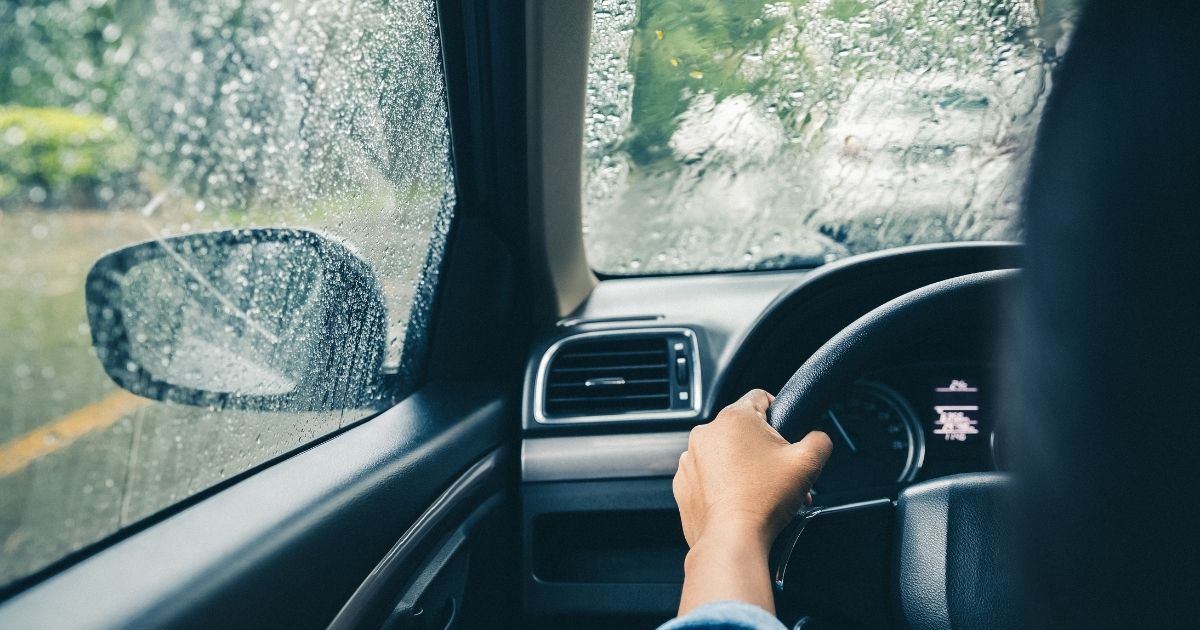The weather can change quickly, and when it does, drivers must focus because rain, fog, and wind can create hazards that lead to car accidents. Still, while poor weather may be a contributing factor in an accident, it does not eliminate the possibility of fault. Drivers have a legal obligation to adjust to road and weather conditions. Failing to do so can lead to liability.
Does Bad Weather Excuse Negligent Driving?
Since inclement weather does not excuse negligent or reckless driving, a driver who fails to adjust to poor weather may be found liable for any resulting accidents.
Courts may consider whether the driver was paying attention, using appropriate lights, or braking in time. Liability is determined based on whether the person acted reasonably given the conditions.
How Is Evidence Collected After a Weather-Related Collision?
Evidence collected by those involved in the crash, responding officers, and investigators helps determine liability. Photographs of the road, skid marks, vehicle damage, and weather conditions at the time of the crash are often used, while police reports may document weather details and officer observations. Witness statements can help clarify what occurred, particularly if one driver was driving too fast for the conditions.
In some cases, data from a vehicle’s event data recorder (also known as a “black box”) may show the vehicle’s speed, brake use, and steering angle before the impact. Insurance companies may also request surveillance footage or records from nearby traffic cameras to understand how the weather affected the events leading up to the crash.
Do Drivers Have a Legal Duty to Adapt to Weather Conditions?
Yes, drivers have a legal duty to adjust their behavior based on weather and road conditions. A person who drives aggressively, fails to slow down, or ignores reduced visibility may be considered negligent. This duty includes turning on headlights in low visibility, reducing speed on slippery roads, and maintaining control of the vehicle. Failure to take these steps may be used to show that the driver did not act responsibly, even if the weather contributed to the situation.
Are There Special Rules for Commercial Drivers in Bad Weather?
Commercial drivers, such as those operating tractor-trailers or delivery trucks, are held to high standards of care, especially during hazardous weather. Federal regulations require commercial drivers to reduce speed and, if necessary, stop operating the vehicle when conditions become dangerous. Failure to follow these guidelines can result in liability for both the driver and their employer.
What Role Does Insurance Play in Weather-Related Crashes?
Insurance companies typically investigate weather-related crashes closely. They assess fault by reviewing weather reports, police findings, and driver behavior. If the weather was poor but one driver acted carelessly, the insurance company may place fault on that individual. Liability insurance may pay for the other party’s damages, while collision coverage may be needed to repair a vehicle regardless of fault.
Disputes can arise if each driver claims the other was at fault due to the weather. In these cases, evidence from the scene becomes especially important. Some policies may also include exclusions or limitations that affect how claims are paid during natural events like flooding or hailstorms.
Monmouth County Car Accident Lawyers at Kitrick, McWeeney & Wells, LLC Can Explain Your Legal Rights if You Were Involved in a Weather-Related Crash
If you were involved in a weather-related accident and have questions about liability or compensation, speak with the Monmouth County car accident lawyers at Kitrick, McWeeney & Wells, LLC. We can review the facts of your case and explain your rights. For a free consultation, call our Manasquan and Brick, New Jersey offices at 732-920-8383 or contact us online. We proudly serve clients across New Jersey.

